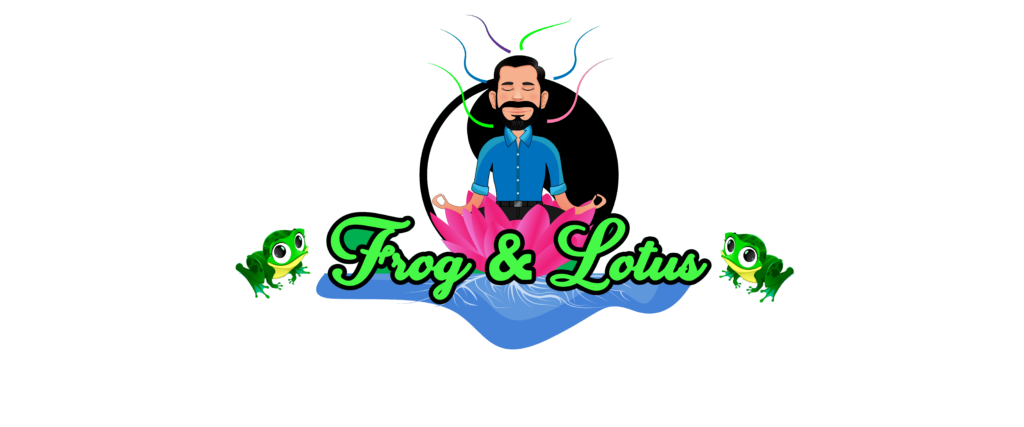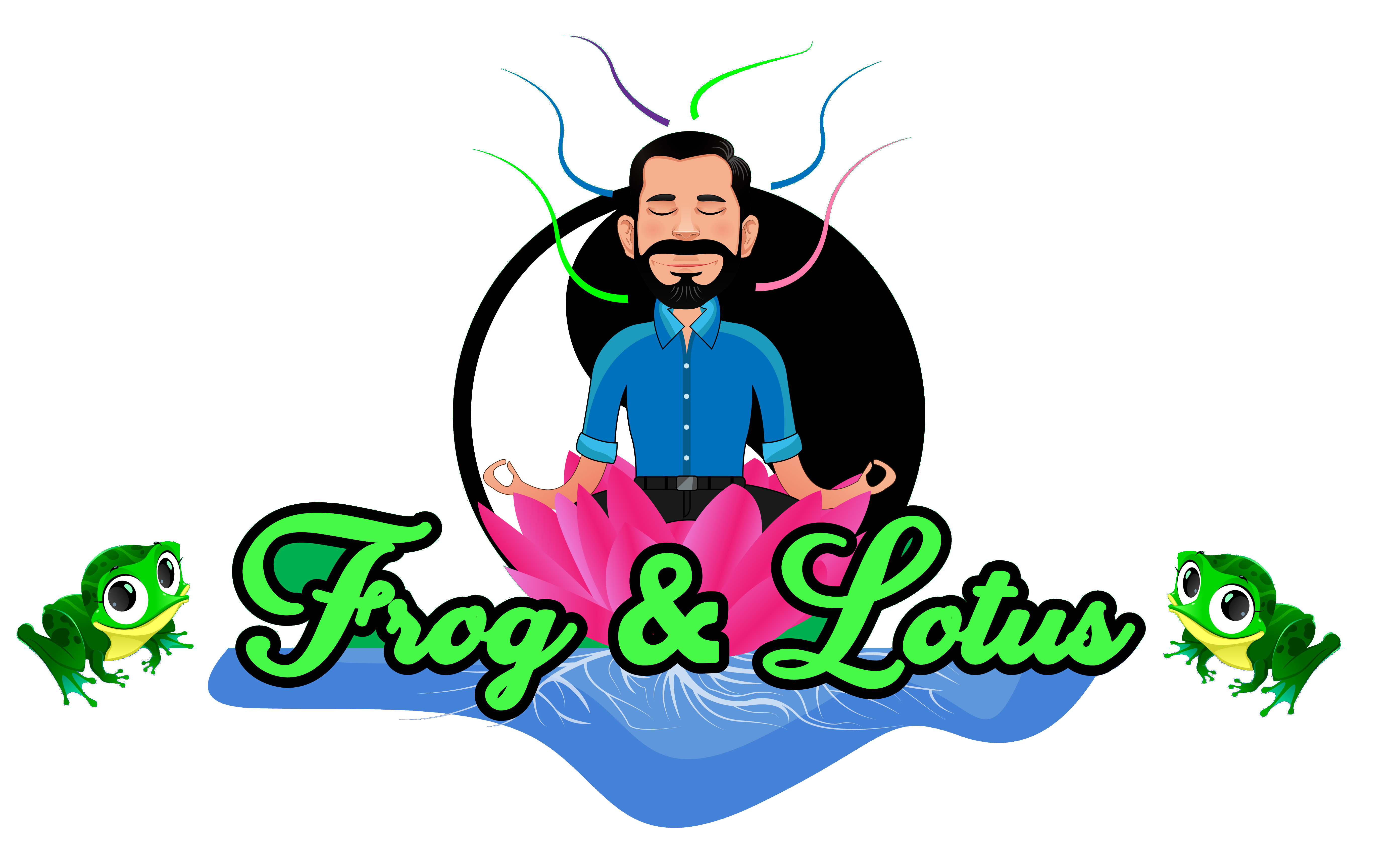I love learning and I am highly pragmatic. For this reason, I am a big fan of the For Dummies series of books. I find they do a great job cutting right to the chase and summarizing the most important details of the subject in each book. I find it mildly amusing that there is a Religion for Dummies edition (written by Rabbi March Gellman and Monsignor Thomas Hartman) as I’ve always though of religion as more mystical than pragmatic. I’m guessing that they don’t use the Dummies series for teaching seminary students, but its great for someone like me who just wants to know the basics of such broad topic. I bought my copy almost 20 years ago.
The book covers the basic beliefs, rituals, symbols, holy people and holy books of most of the worlds most well know religions. When I recently pulled it off the shelf for purposes of thinking about this blog however, I wasn’t looking for the differences. I wanted to know the similarities.
There are those who consider themselves to be spiritual but not religious. What’s the difference? Religion for Dummies addresses this with three main distinctions: 1) “Spirituality does not require membership,” 2) “Spirituality is the willingness to follow rituals, ethics, and beliefs of different religions that are personally appealing,” and 3) “Spirituality is deeply personal and not systematic.” As a maverick – an independent thinker, I can relate to each of these from the standpoint that they allow the individual wiggle room to decide for themselves what they choose to believe.
Dummies cites some of the reasons why religion, in general, is so important to people including, ethics, finding joy, being responsible, accepting suffering and being healthy. It then asks four questions, referred to as “Four Big Mysteries” and they are: Why are we here? How should we live? What happens after we die? Why does evil exist? Thinking about spirituality in general, across all religions, I find these common reasons and questions to be quite helpful. The reasons all seem to point to the question, how should we live? The other questions are more just about providing us hope and comfort about past and future.
The Power of Now, by Eckhart Tolle, is about living in the present moment and not getting caught up in too much past or future. There seems to be alignment here. If we stay present in each moment as we travel the path of our own unique journey, then does the rest not fall into place? Easier said than done, at least for Dummies.
Photo by Ben Berwers on Unsplash


